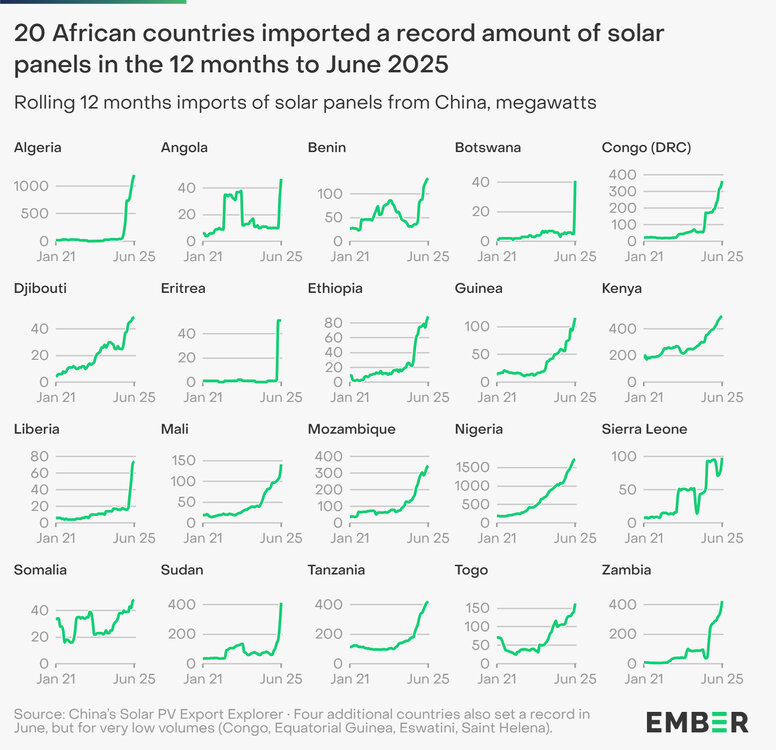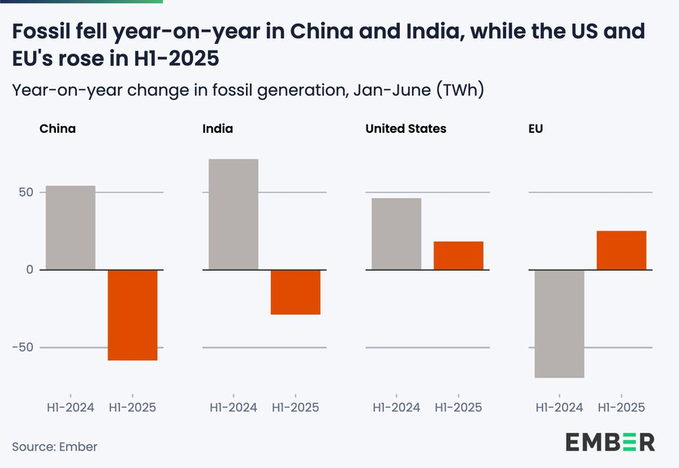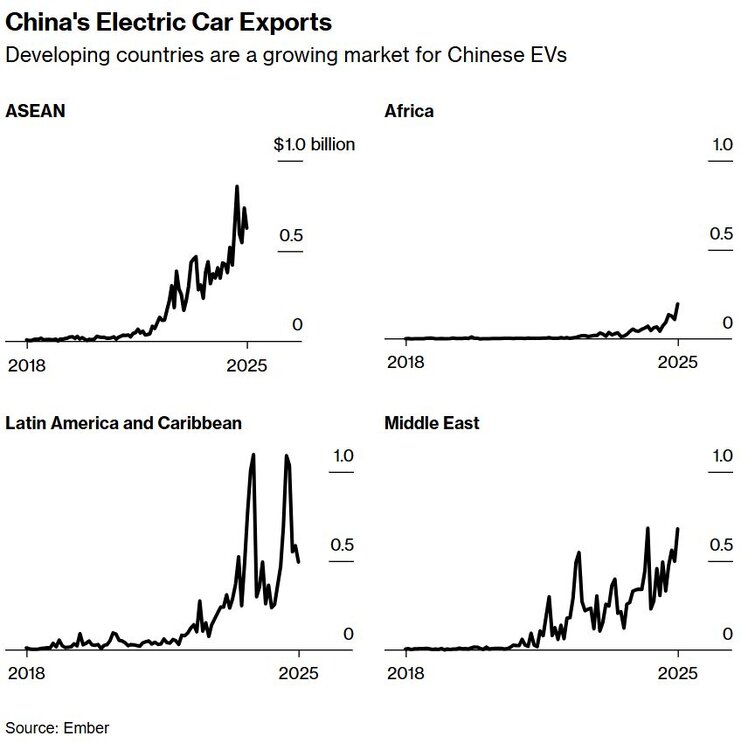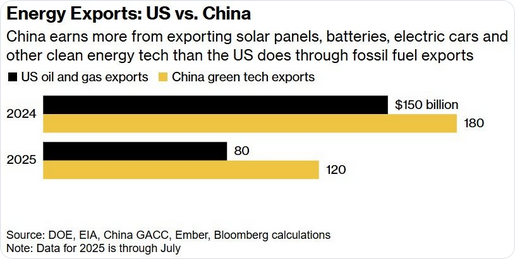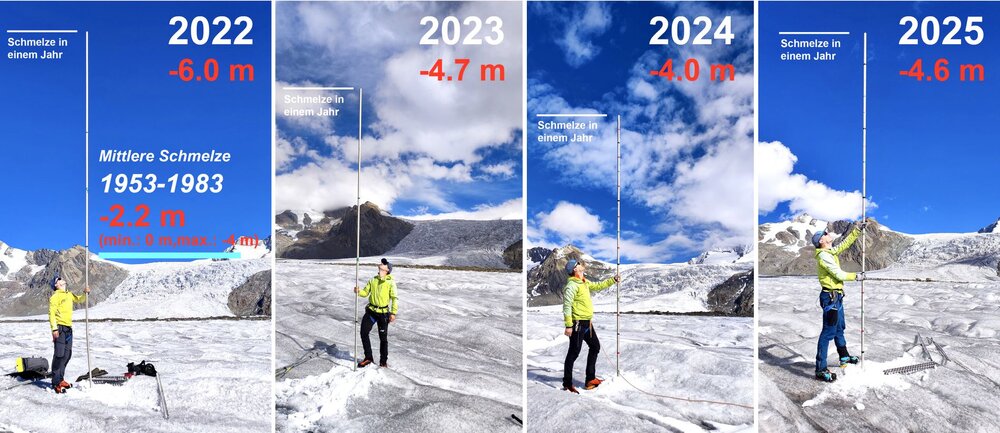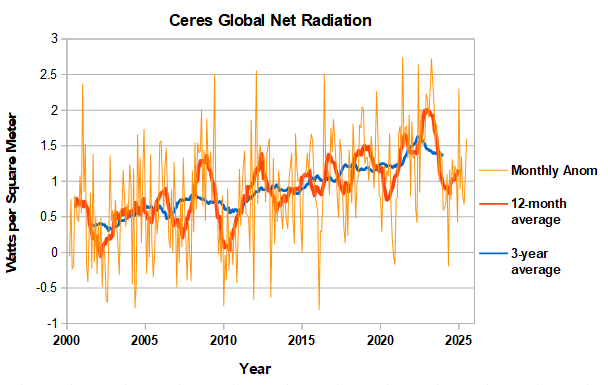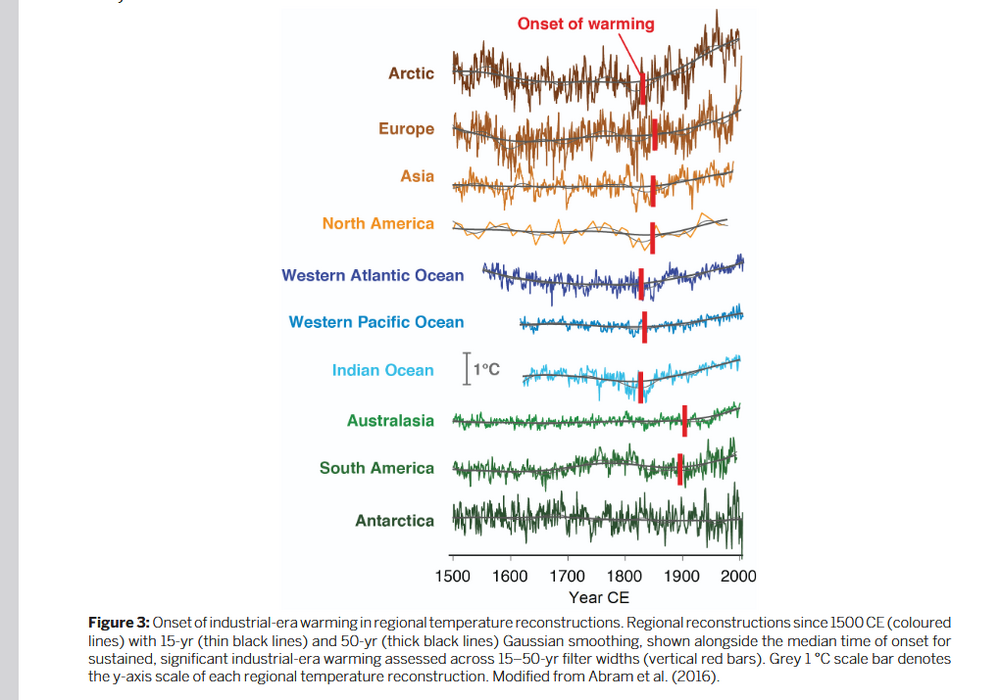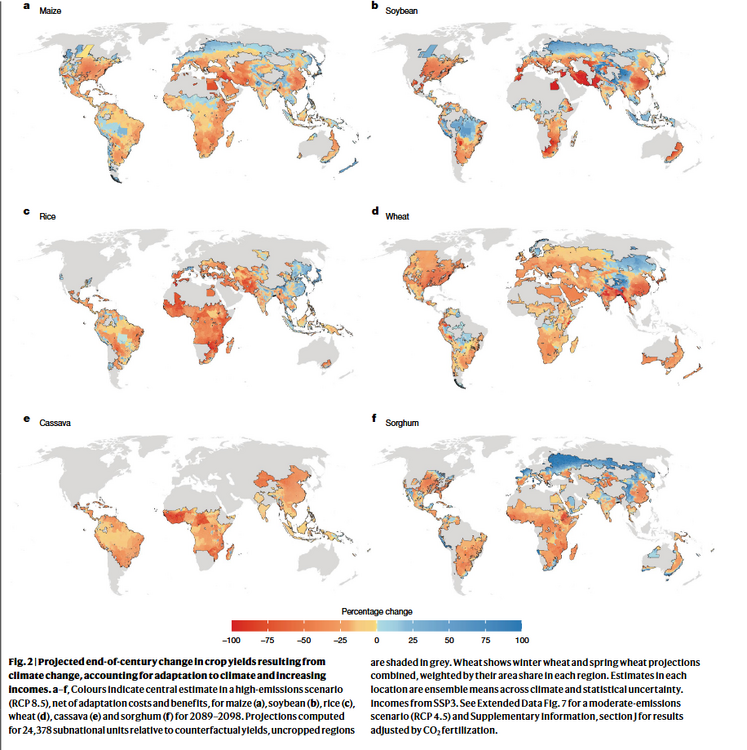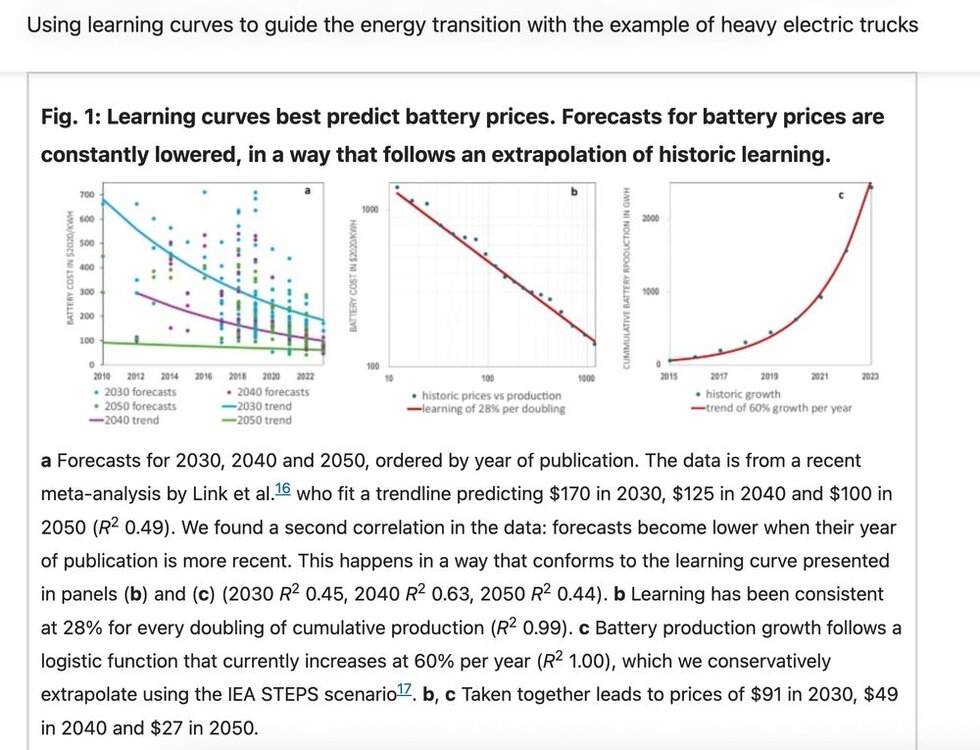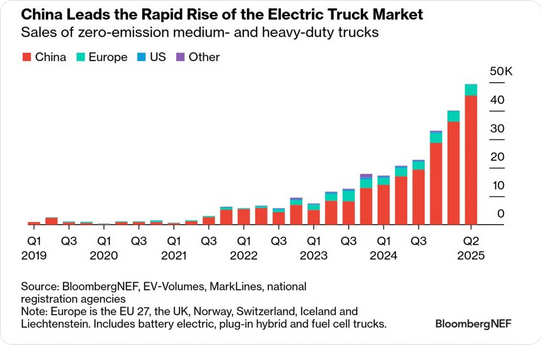
chubbs
Members-
Posts
4,073 -
Joined
-
Last visited
Content Type
Profiles
Blogs
Forums
American Weather
Media Demo
Store
Gallery
Everything posted by chubbs
-
A bit of a hyprocrite aren't you? You are cluttering up this thread with Chester County charts. Are you saying that your arguments are poorly constructed because the Chester County data is independent of the rest of the world? You can't have your cake and eat it too. If Chester County is relevant to the rest of the world; Philadelphia, Allentown and Newark Ag station are relevant to Chester County. In any case the science is clear on this point, weather data is correlated for hundreds of miles. Chester County doesn't cool when the surrounding stations don't. In fact, as I showed in the Chester County thread, there is a very good match in the warming rate at the airport and individual Chesco stations. Finally we don't need any data outside of Chester County to know that Coatesville cooled significantly after the war. The tables posted above show that Coatesville cooled relative to Phoenixville and West Chester after 1945 and Phoenixville cooled relative to West Chester and Coatesville between 1948 and 1949. The data from outside Chester County merely confirms what the Chester County data is already showing.
-
The mistake you are making, is thinking that the move date is important. Coatesville cooled by roughly 2F relative to the other local stations after World War II, indicating a major station change. I substituted 1949 for 1948 in the Coatesville move table. The change increased the move-related cooling at Coatesville to 2.5F. The Coatesville move is complex: a big move in 1946 and a smaller one in early 1948. You only see a small part of the move by comparing 1948 to 1949. Note that Phoenixville also moved to a cooler location in 1949. So can't be used to estimate Coatesville station changes between 1945 and 1949. Since you have provided your “True Actual Average “ for the 1945 to 1950 period. Lets see how well you and NOAA match the station data for that period. I have separated stations into two groups, stations with moves and the stable stations without moves. The stations without moves show that there wasn't any significant local temperature change between 1945 and 1950. Those stations are only 0.1F cooler on average in 1950. In contrast, the 2 stations with moves, Phoenixville and Coatesville, cooled by 2F on average. Cooling at these stations is spurious, caused by station changes not weather. NOAA captures our local weather well, matching the stable stations, with a modest 0.3F cooling between 1945 and 1950. In contrast your “True Actual Average” cooled by 1.4F, much larger than the weather-related temperature change captured the stations without moves. Station changes at 2 of the 3 Chesco stations active in this period contaminate your results. For all your complaints about NOAA, you are the guy who is altering our past weather. Introducing a phantom, move-related, "cooling cycle" to the 1945-50 period. The difference between your results and NOAA's highlights the importance of bias adjustments in Chester County. Our COOPs experienced one change after the other. Finally why is NOAA warmer than the 1940s coop station population? Easy, the 1940s stations are warmer than the county as a whole due to their location in built up towns. When they moved out of towns they cooled. Your "True Actual Average" is almost as warm as Philadelphia in 1945. Notice that Coatesville matches NOAA exactly in 1950. Makes sense, unlike Coatesville City, the new rural Coatesville location is representative of the county as a whole. NOAA isn't fooled by station moves, that's a rookie mistake.
-
Here's sea level data for the Battery, in New York. Sea-level rise has accelerated this century along the US east and gulf coast. https://psmsl.org/data/obtaining/
-
Your table shows the 2F cooling associated with the Phoenixville move, but you need to go back to 1945 to capture the Coatesville move. Here are two data tables which isolate the moves more clearly. Roughly 2F cooling according to the raw data. Regarding the site photos which you complained about. Coatesville's housing stock is almost entirely pre-1920, the city's population peaked in 1930, so todays photos provide useful information about conditions in 1945.
-
-
I circled the station moves: Coatesville 1946 and 47, Phoenixville 1949 and West Chester 1970. Each move caused roughly 2F cooling. Easy to spot the station changes as the year-to-year temperature change at the station that moved differed from the other two stations. As I have shown previously, take out the station moves by plotting before and after move data separately and NOAA is a close match to the raw data.
-
Yes, data adjustment is needed and successful. Here is a map of Coatesville 1SW COOP station locations from NCDC, illustrating the large range in station local site conditions for this one COOP station. The COOP data was collected by volunteers whose lives changed with time, resulting in station changes. Also attached a satellite views showing the complexity of local land use. Coatesville is a steel town. The link below provides information on the steel mill. When the Coatesville Coop first collected data in 1894 the steel mill was the largest in the US. The mill reached its largest size during WWII with over 6000 employees. The Coatesville 1SW COOP station was active from 1894 to 1982. The stations are numbered starting with site #1, the most recent which was active from 1948 to 1982. Site #6 is the oldest. Pictures of sites 1 and 2 are shown a couple of posts above. You aren't going to get an accurate picture of Chester County's climate if you assume that all of these stations are exactly the same. Fortunately we have thousands of weather stations in the US. Which makes it easy to separate weather and station moves using well established procedures. https://en.wikipedia.org/wiki/Lukens_Steel_Company
-
We don't have any Chesco stations that haven't had major changes. But one station, Phoenixville, provides consistent data for 1890-1926 vs present. Phoenixville has had moves and station changes, but has remained on the local water property site since 1893. This site, with a small reservoir, has not seen any significant development during the period of station operation. There have been major station changes at Phoenixville however, which we have documented previously on this site. The station ran spuriously warm between 1927 and 1949, particularly on summer afternoons; and, ran cool in the 1990s. There is also a fair bit of missing data Charts below: 1) Phoenixville and NOAA Chesco showing good agreement on the roughly 4F Chesco temperature rise between the 1890s and present. 2) Adjusted and unadjusted temperatures for Phoenixville showing the roughly 4F warming in both the adjusted and unadjusted data, but with large adjustments for 1927-49 and the 1990s as discussed above, and 3) Annual 90F days for Phoenixville and other stations showing a large spurious spike at Phoenixville in the 1927-48 period, illustrating the station warmth during this period. We've been going over the Chester County data in detail for over a year. Well documented in the Chester County thread. I would be glad to answer any questions if you are interested. The raw data in Chester County paints a very consistent picture of warming that is captured accurately by NOAA. The fact that Paul (Chescowx) can't find warming tells us more about himself than Chester County's weather.
-
All I know is that you are good at ignoring data that doesn't agree with your worldview. The station move data is unambiguous. Coatesville in 1945 and 1948. Surprised a heat island expert like yourself can't see the difference in these two sites, built up town vs very rural. I certainly wouldn't expect them to have the same temperature. The raw data from surrounding stations allows the effect of the Coatesville move to be determined accurately. This isn't a small change; easy to see the overall effect by comparing the relative position of Coatesville before and after the moves. Before the move, Coatesville was warmer than West Chester and almost as warm as Philadelphia. After the move Coatesville was as cool as Allentown. Roughly 2F cooling overall. Furthermore there many stations other than these 3 that confirm the magnitude of the Coatesville move. It's an open and shut case. We know the when and where of the Coatesville move and we know how Coatesville changed relative to other stations in the region. The evidence for the West Chester move in 1970 is just as strong. Very easy to separate weather from station moves when you know how to do it.
-
Those aren't NOAA's adjustments. Looks like the difference between your results and NOAA's. The table below, which you are ignoring, shows that NOAA agrees very well with the raw data when station moves are excluded. So they are your adjustments not NOAA's. Adjustments are needed in Chester County because of all the station moves and other station changes. Every time we've looked at a station move, NOAA has been spot on in adjusting the station data. You haven't identified a single station adjustment that isn't warranted.
-
The only adjustment to the West Chester and Coatesville raw data is to take out the temperature difference between the two stations by setting 1950 to zero. The year-to-year change in temperature is exactly what the raw data shows at Coatesville and West Chester. A little over 4F warming between 1894 and present, the same as NOAA. Like I said above you are not even close to what the raw data is showing. Below is a comparison of individual stations to NOAA, excluding station moves of course. The agreement is very good both recently and before the major station moves.. If anything NOAA is underestimating the recent warming in Chester County. Why don't you provide the equivalent trend values for your Chesco average so we can see how you stack up.
-
Not even close to being right. You are cherry-picking the data you like, the temperature values, and ignoring the rest of the information associated with the raw data: the station locations, the station moves, and the relative temperature between stations. Easy to spot the station moves and other major changes by tracking changes in the relative warmth of the Chesco stations. Its well proven science. That's why NOAA's results are different than yours. I get very similar results to NOAA by using the raw data at West Chester (before move) and Coatesville (after move) and avoiding the station moves. We saw in the other thread that the individual station data agrees with NOAA. Why wouldn't it? NOAA uses all the information and well proven science.
-
-
-
We're currently the biggest drag on climate progress, along with other big oil producers: Russia and the Middle East. The global south is moving quickly to clean tech for energy using gear they are buying from China. We are losing a race that we don't even know is going on.
-
Switzerland lost 3% of its glacier mass this year. The 4th highest yearly loss. https://scnat.ch/en/uuid/i/9d883a30-136c-55b8-8cde-a6b4c1851dee-And_Swiss_glaciers_continue_to_melt
-
Here's a new one, recently emerging Antarctic methane seeps. Could be an important climate feedback. A priority for research funding I would think; but, we will have to rely on other nations to carry the ball. https://www.nature.com/articles/s41467-025-63404-3.pdf
-
Boston 2015/16-now, 34.7, matches BWI 1951-80, 34.6.
-
2015-16 to present matches Richmond's average winter temp 1951-1980 - 38.4.
-
CERES has been updated through July. Recent months have been increasing erratically a sign that the enso-cycle bottom has been passed. The three-year average net radiation remains at a high level, well above the initial heat imbalance when CERES started collecting data in 2000. The recent net radiation uptick is also consistent with the large rise in ocean-heat content in 2nd quarter which was posted above. Both energy balance metrics indicate that the earth continues to warm rapidly.
-
Found this 2017 article in the Pages2k magazine that provides a nice summary of regional temperature change since 1500. There is regional variation in the detectable onset of man-made warming. As you suggest warming was already detectable by the mid-1800s over the ocean and Northern Hemisphere land masses. Makes sense as greenhouse gas concentrations started to rise slowly by 1800. https://pastglobalchanges.org/sites/default/files/download/docs/magazine/2017-1/PAGESmagazine_2017(1)_71-74_2k.pdf
-
A quick check indicates that CO2science is not a balanced website. Its advocating against US regulation of CO2 emissions and focusing on the benefits of CO2 on plant growth without acknowledging offsetting adverse impacts. I'd put it in the climate denial camp. I ourworldindata piece I linked above is more trustworthy. Recent gains in yields are mainly from improved seed genetics and increased fertilizer and other inputs. You have to strip that out to get climate change impacts. I googled up this recent Nature paper which finds significant future negative impacts on agriculture, even after farmer adaptation, albeit from a high emissions scenario. I haven't gone through the literature review section but that would be a good place to start on recent scientific work in this area. https://www.nature.com/articles/s41586-025-09085-w.pdf
-
Do you have a reference for this? Per the articles below, we have had larger crops due to technology improvement not climate change. The impact of climate change depends on the crop and region. No large net impacts so far. On a global average, doesn't look like a disaster in the future either; but, some regions and crops may have significant negative impacts. Also need to consider extreme events which will pack a bigger punch in a warmer world. A bad year can be destabilizing regionally. https://ourworldindata.org/crop-yields-climate-impact https://ourworldindata.org/will-climate-change-affect-crop-yields-future
-
Battery costs are declining along well established cost curves. This ongoing cost decline is hammering the competitiveness of fossil fuels. Cheap batteries mean solar and wind are no longer intermittent and transportation is readily electrified. This article shows how battery-electric trucks will quickly become more cost-effective than diesel. This is being driven by China which has recognized the long-term strategic opportunity. They are electrifying their economy to reduce oil imports and sell increasing amounts of high value gear to the rest of the world. Meanwhile our leadership is in denial. Doubling down on outmoded energy technology. Going to be tough to be competitive if we are uncompetitive in energy. https://www.nature.com/articles/s44333-025-00029-5.pdf
-
China's CO2 emissions are peaking not accelerating. That said China coal use is massive and coal interests are putting up a fight. Its unclear how China's policy towards coal will evolve. https://www.carbonbrief.org/analysis-record-solar-growth-keeps-chinas-co2-falling-in-first-half-of-2025/ https://energyandcleanair.org/publication/chinas-coal-is-losing-ground-but-not-letting-go/


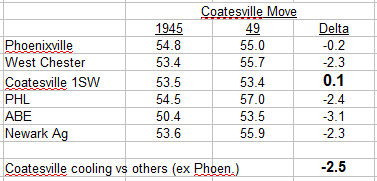
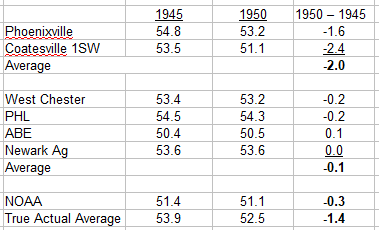
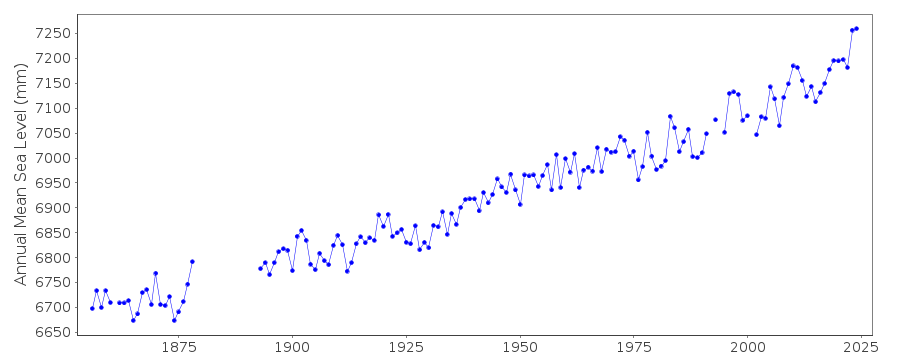
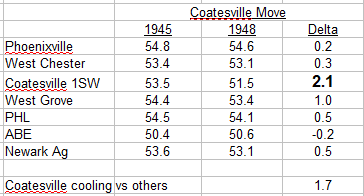
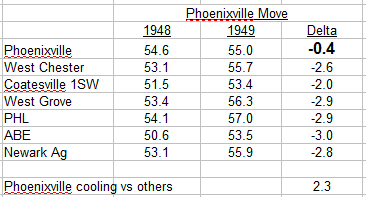
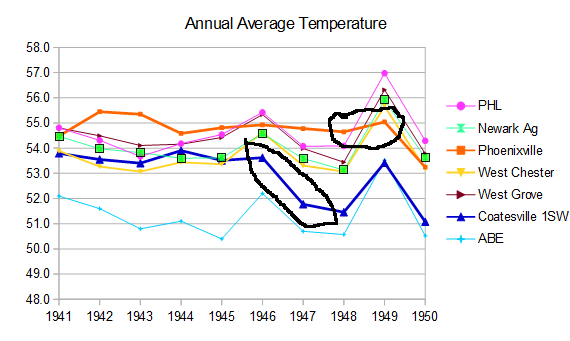
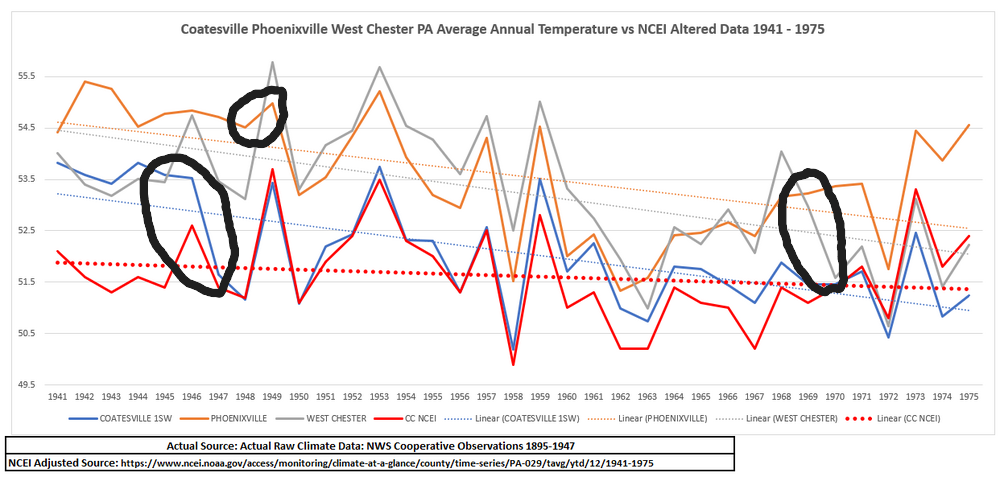
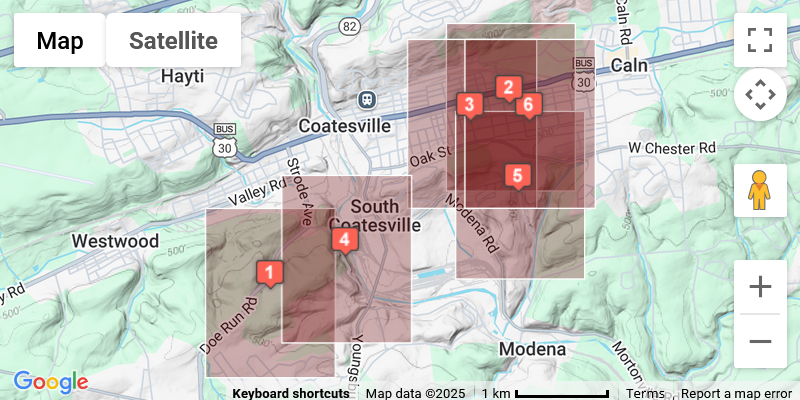
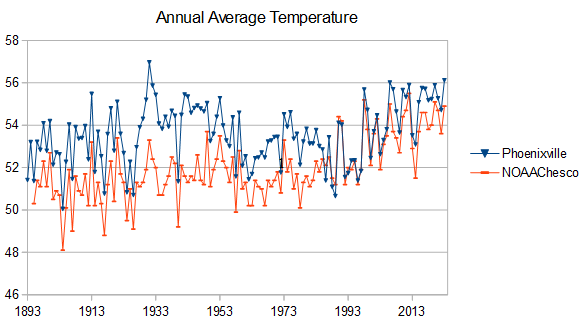
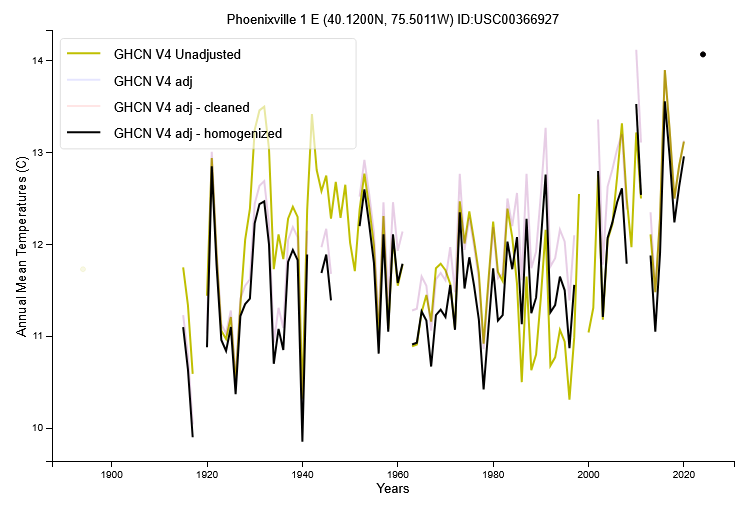
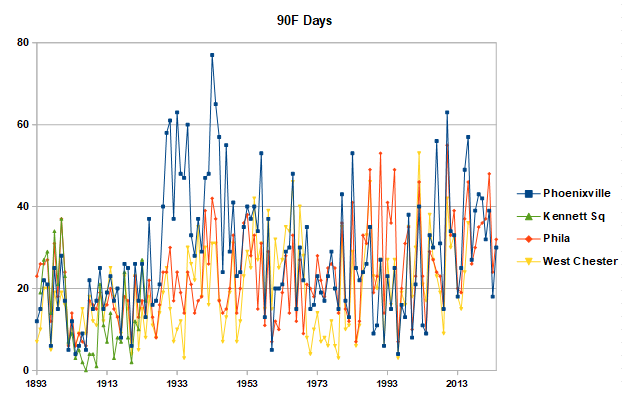
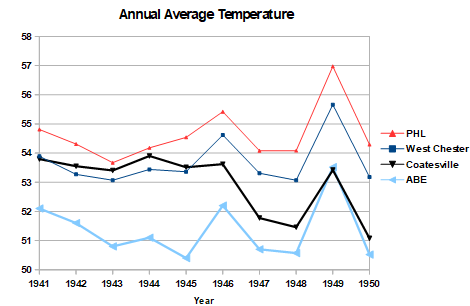
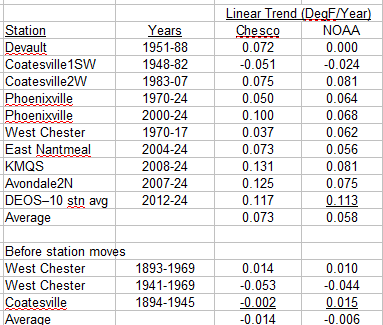
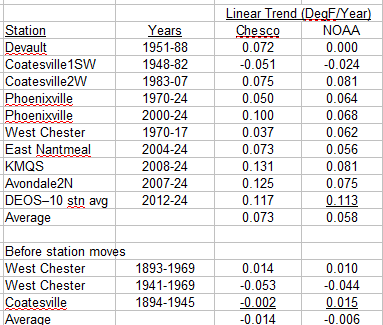
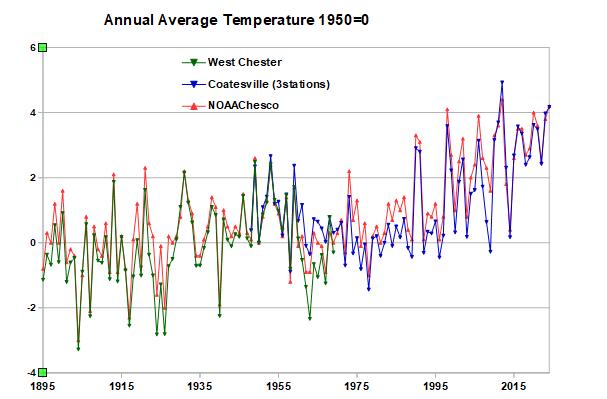
Bluesky.png.3a4f05b5c42ebf3e96141657cd377825.png)
